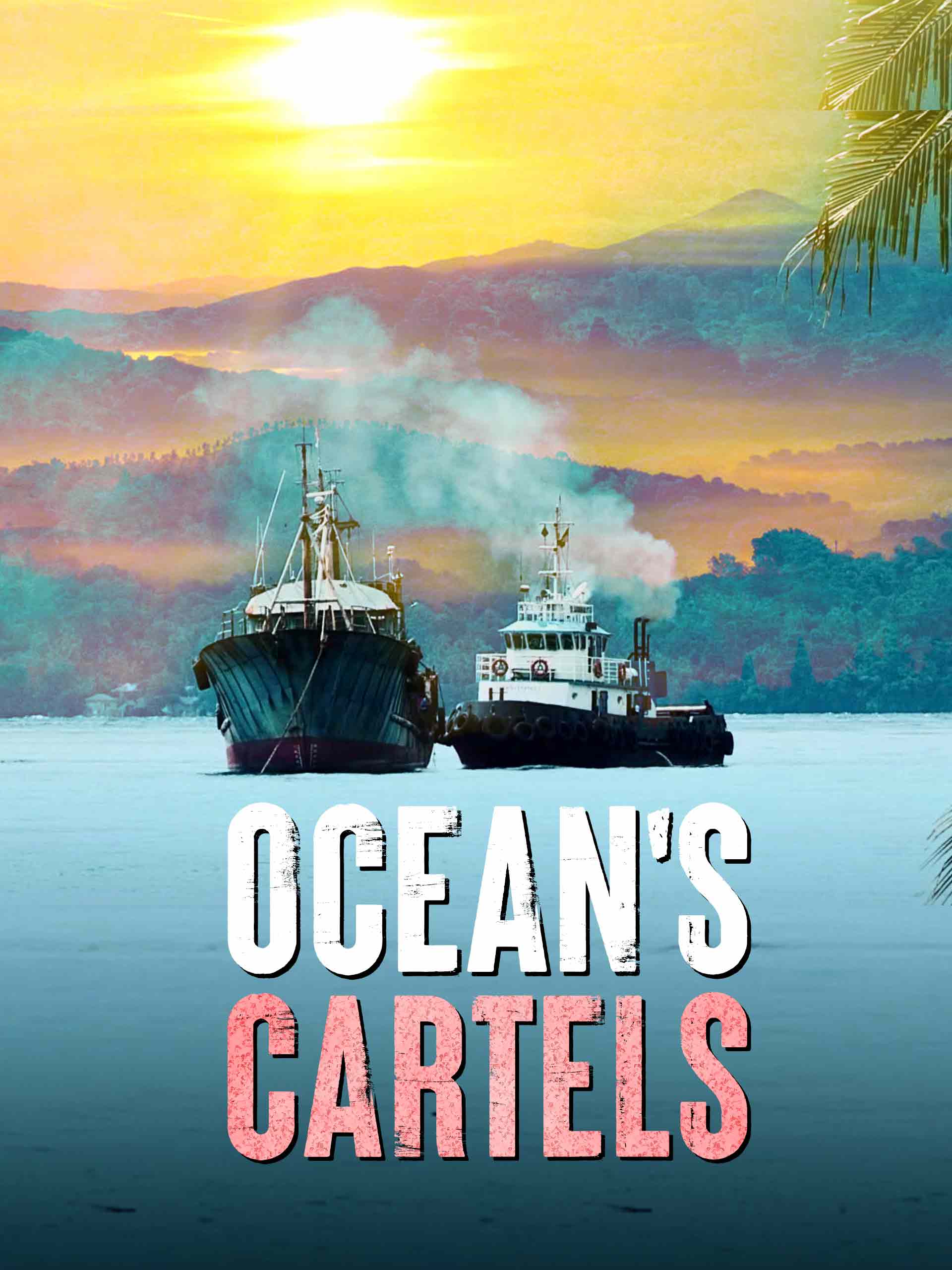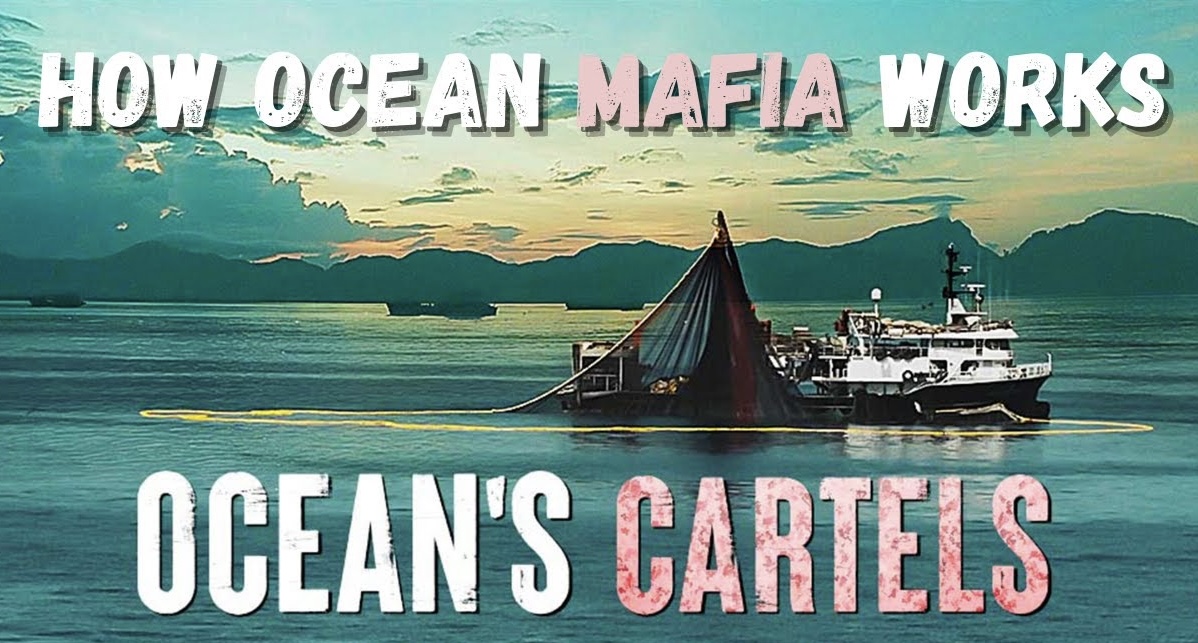Jerome Pin
Jerome Pin is a renowned French freelance video reporter and documentary filmmaker who began his career in France in 1997. Over the course of more than 15 years, he traveled extensively, documenting critical social, political, and environmental issues, particularly in Africa and Latin America. Pin’s work took him to some of the world’s most volatile regions, including conflict zones like Rwanda, Zaire, Ivory Coast, Kosovo, Libya, and Palestine/Israel, where he captured the harsh realities of war and its human impact. His dedication to telling these stories has made him a trusted voice in international journalism.
Pin’s career also included covering major natural disasters such as the 2001 earthquake in El Salvador, hurricane Mitch in Honduras in 1998, and the Erika oil tanker disaster off the French coast in 1999. From 2004 to 2007, he collaborated with the Canal+ network in Paris, where he worked on prominent investigative programs like 90 Minutes and Special Investigation. His reports tackled high-profile topics, including timber trafficking in Indonesia, the alleged financing of Nicolas Sarkozy’s campaign by Gaddafi, and France’s secretive military involvement in Ivory Coast. His impactful reporting has earned him numerous accolades throughout his career.
Since 2007, Jerome Pin has resided in Portugal, where he founded his own production company, Nextcoast. In 2011, he became a freelance TV correspondent for AFP (Agence France-Presse) in Lisbon, while continuing to create documentaries for French television that focus on global and environmental issues.
Pin remains committed to telling engaging and impactful stories, often exploring themes that shed light on the threats facing the environment and our planet’s oceans.


As his career evolved, Pin shifted his focus toward environmental and ecological issues, producing documentaries that highlight the urgent challenges threatening natural ecosystems. His long-form works center on deforestation, ocean preservation, and the need for environmental justice to protect our planet’s biodiversity.
A prominent example of his work is the film Ocean’s Cartels, which investigates illegal fishing practices in Southeast Asia and Europe, exposing their economic, environmental, and human costs.
Growing up as the son of a diplomat, Pin was exposed to diverse cultures and global affairs from an early age. This international upbringing sparked his fascination with stories from other lands, ultimately leading him to a career in journalism. He found his calling in reporting from war zones, delving into social and political issues, and witnessing both the beauty and hardship of human experiences. These early assignments shaped his approach, emphasizing the importance of reaching out, learning, and informing others about the complexities of the world.
In recent years, Pin’s focus has transitioned to environmental issues, using his platform to raise awareness and provoke thought about humanity’s relationship with nature. His documentaries tackle pressing subjects like illegal deforestation, ocean degradation, and climate change, inviting audiences to recognize the urgent need for action. Through his work, Pin aims to connect viewers with these global issues, urging them to become active participants in protecting and preserving the natural world. His shift in focus reflects his deep-seated belief that storytelling can be a powerful force for change, promoting environmental and social responsibility.
Jerome Pin has produced several award-winning films that showcase his investigative and storytelling skills. Ocean’s Cartels, which examines the illegal fishing trade in Southeast Asia and Europe, won first prize at the Grenoble International Nature and Environment Film Festival. Other notable works include Inside France’s Secret Services and France’s Involvement in the Ivory Coast Conflict, both of which aired on 90 Minutes. His film on timber trafficking in Indonesia for Special Investigation also gained acclaim. Pin’s reports have earned him multiple honors, including the prestigious Figra prize for his investigative documentaries.
